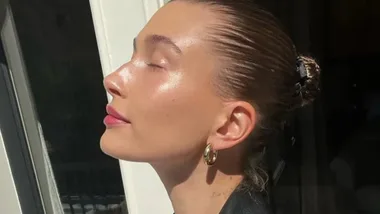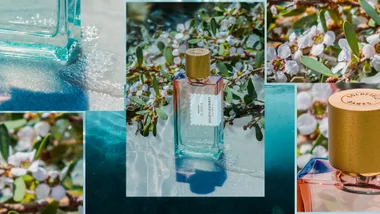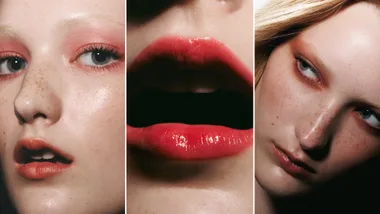The turbulence of the past two years has yet to be entered into the history books, but it’s already written all over our faces in the form of breakouts, wrinkles and dryness. That stress can manifest itself on our skin isn’t exactly news, says American dermatologist Dennis Gross, but our new, anxious normal has exacerbated the issue.
When we encounter a stressor, our bodies activate a fight or flight response. “Say you see a lion and need to escape,” says psychodermatologist and University of Rochester professor of dermatology, allergy, immunology and rheumatology, Francisco Tausk. “Your blood pressure goes up, your heart starts pounding and your brain has to be clear to escape.” Our bodies prioritise the organs needed to save you, and since our skin isn’t one of them, what keeps it in top shape is essentially put on pause. At the same time, a hormonal cascade is unleashed, causing its own complexion chaos.
The system makes sense, evolutionarily. But battling stress today is a marathon, not a sprint. “The fight or flight response is meant to be just seconds to minutes. When it doesn’t [turn] off, that’s when all sorts of problems arise,” explains New York dermatologist and psychiatrist Amy Wechsler. Here, experts explain what’s causing the conditions you might be experiencing, and recommend new advancements in dealing with them.

Symptom: Acne
Of all the stress-induced skin issues, Wechsler has fielded the most complaints about acne lately. Stress can serve up the perfect storm of increased inflammation and sebum production needed to make a pimple. “It changes the oil chemistry of your sebum, so your pores can clog more easily,” says Gross.
Because the mere existence of acne takes its own emotional toll (studies have linked it with an increased risk of depression), you can end up in a vicious cycle, says Wechsler: your acne causes you stress, which then causes more acne.
Even once your pimples heal, though, you might not be totally in the clear. “Breakouts often leave behind hyperpigmentation, and this is especially the tendency for skin of colour,” notes New York dermatologist Rosemarie Ingleton. Try: Silvi Anti-Acne Pillowcase.
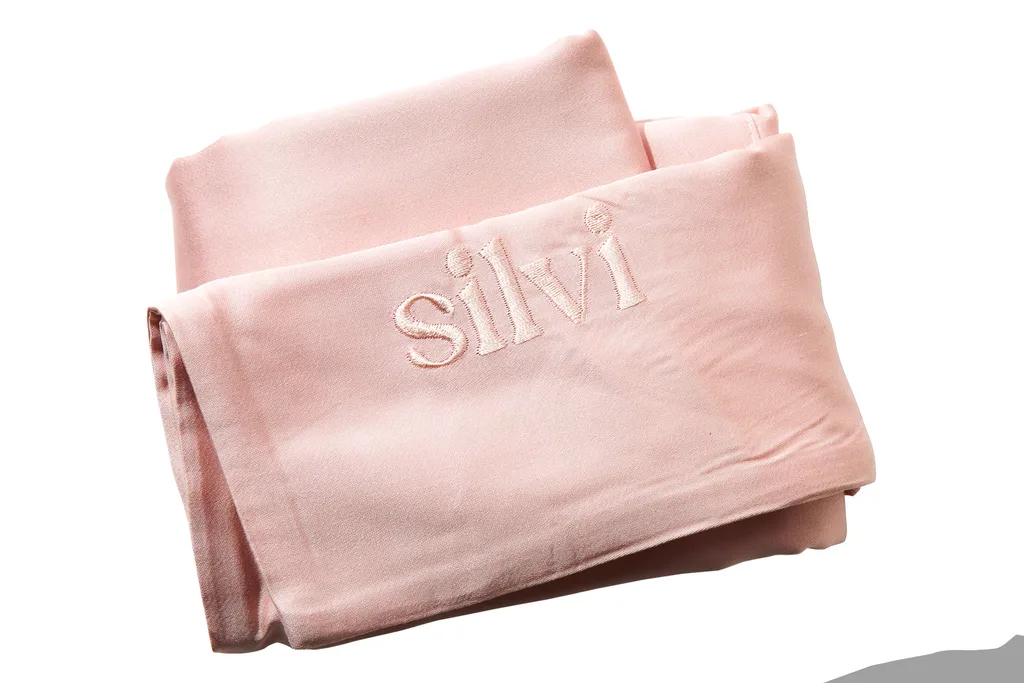
Solution: Kill breakouts with kindness
Your first instinct may be to douse your face with the typical acne potions, but since your skin is more sensitive during times of stress, trade benzoyl-peroxide cures for milder salicylic acid-backed ones; this is key to preventing discolouration. “Anything that stings equates to inflammation,” says Ingleton. “When that inflammation goes away, you’ll likely be left with some dark spots.”
If that happens, opt for gentle brighteners that won’t further stoke the fire of inflammation, like fruit acids and niacinamide. Gentler ingredients such as lactic acid “will shed the dark spots over time, as opposed to bleaching out the skin, which can end up going too light,” explains Ingleton. Whatever you do, don’t stop moisturising: if you dry out your skin, the organ will overcompensate with more sebum production. Instead, look for a noncomedogenic formula. Caudalie Vinopure Blemish Control Serum, for example, hydrates salicylic acid helps clear pores and curb excess oil production. You might also want to boost your sleep hygiene with an anti-acne pillowcase, such as Silvi’s bacteria-eliminating silver ion-infused bamboo slip. Try: Caudalie Vinopure Blemish Control Infusion Serum.
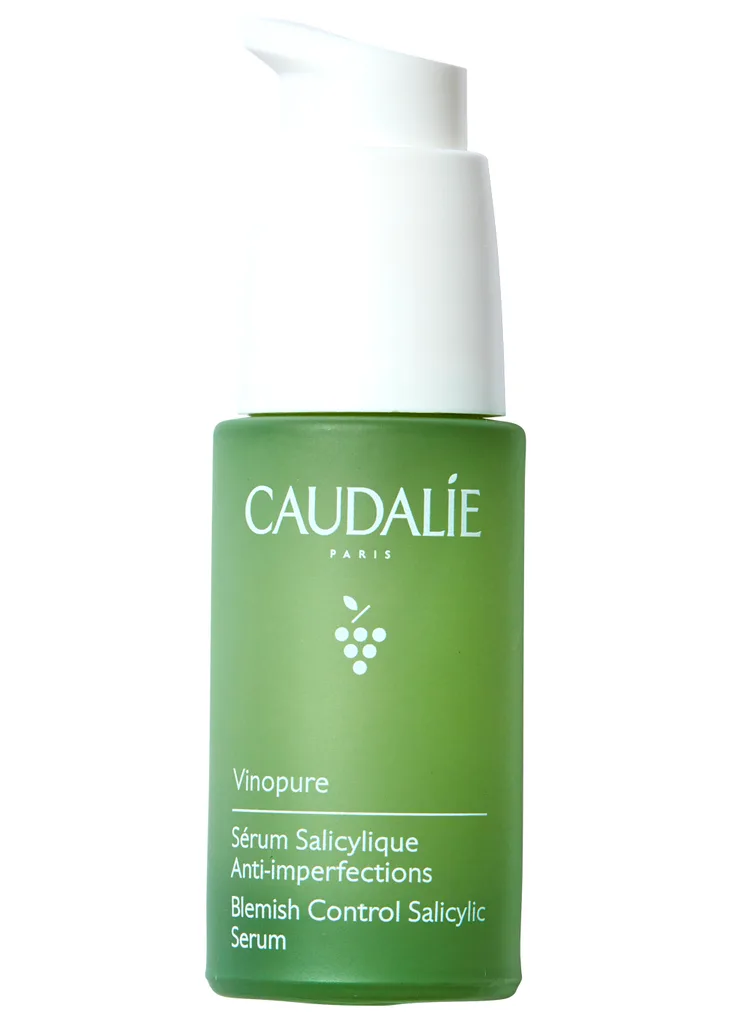
The symptom: Wrinkles and dullness
Feel like you’ve aged a decade in the past year? Your suspicions aren’t totally unfounded. Thanks to the loss of circulation in the skin that results from the fight-or-flight response sending blood to essential organs, your once-youthful glow dims when stress hits, says Gross. The tension that’s invaded your neck and jaw has also (probably) made its way onto your face in the form of lines and creases.
But the hormone cortisol can do the most damage. “It induces collagen degradation, skin thinning and delayed wound healing,” says Tausk. Research also indicates that stress can even interfere with DNA repair.
All this damage happening from inside the skin can make it more susceptible to damage from the outside. As our internal production of free radicals spikes, our natural supply of antioxidants dwindles, says Gross. In turn, skin is left more vulnerable to external stressors, such as UV rays. Try: Kiehl’s Retinol Skin-Renewing Daily Micro-Dose Serum.
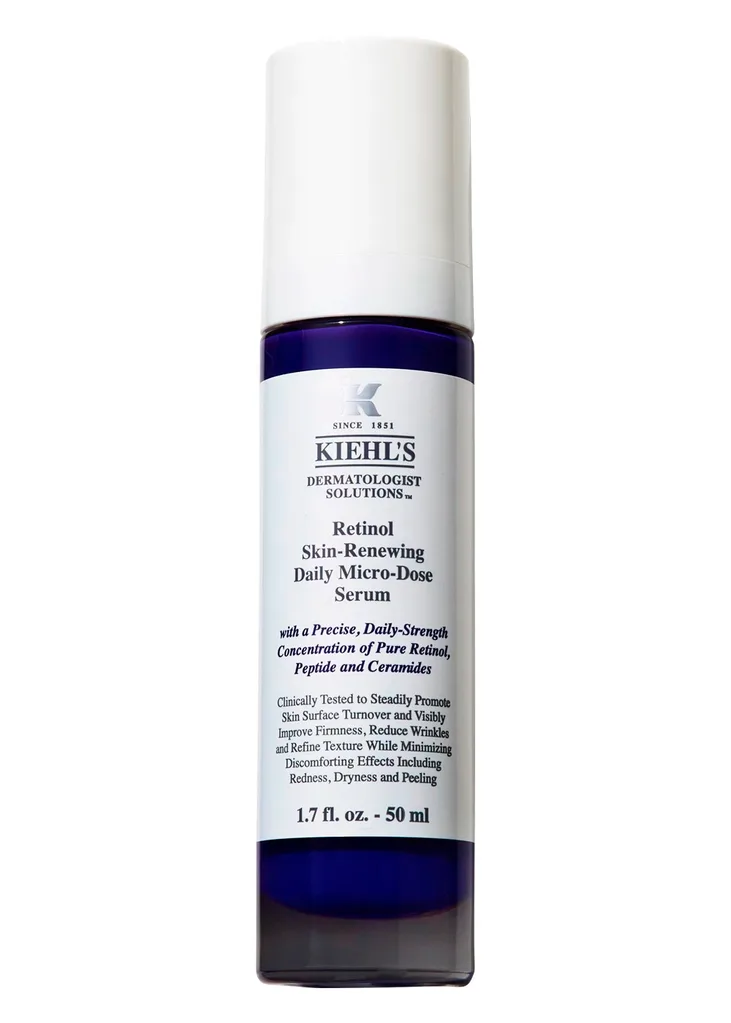
Solution: Up your defence
First, some good news: “Short-term stress ageing – six months or less –should be reversible,” says Wechsler. It’s the more long-term ageing you’re going to want to get a handle on.
Prioritise protection with free-radical-neutralising, antioxidant-rich formulas, suggests Wechsler. Gross created his Stress skincare line after witnessing firsthand all the ways in which stress was robbing his patients of happy, healthy complexions. The range contains a blend of antioxidant superfoods – goji berry, cacao, perilla sprout – plus anti-inflammatory adaptogens and barrier-restoring niacinamide for an all-around boost.
And when skin is back from the brink, you might want to incorporate an active such as retinol in small doses. The new breed of micro-dose product, such as Kiehl’s latest recruit, allows even sensitive skin to get in on the anti-ageing action of retinol.
Of course, none of this will help if you don’t address the underlying issue: the actual stress. “I’m encouraging everybody to take a moment for themselves every day. Do whatever it is that gives you peace and calm,” says Ingleton. As it happens, the very act of slathering on skincare might do the trick. “Simply washing your face can give back a sense of control,” advises Wechsler, “and I think that spills over into the rest of your day in a good way.” Try: Dr. Dennis Gross Stress Repair Face Cream.
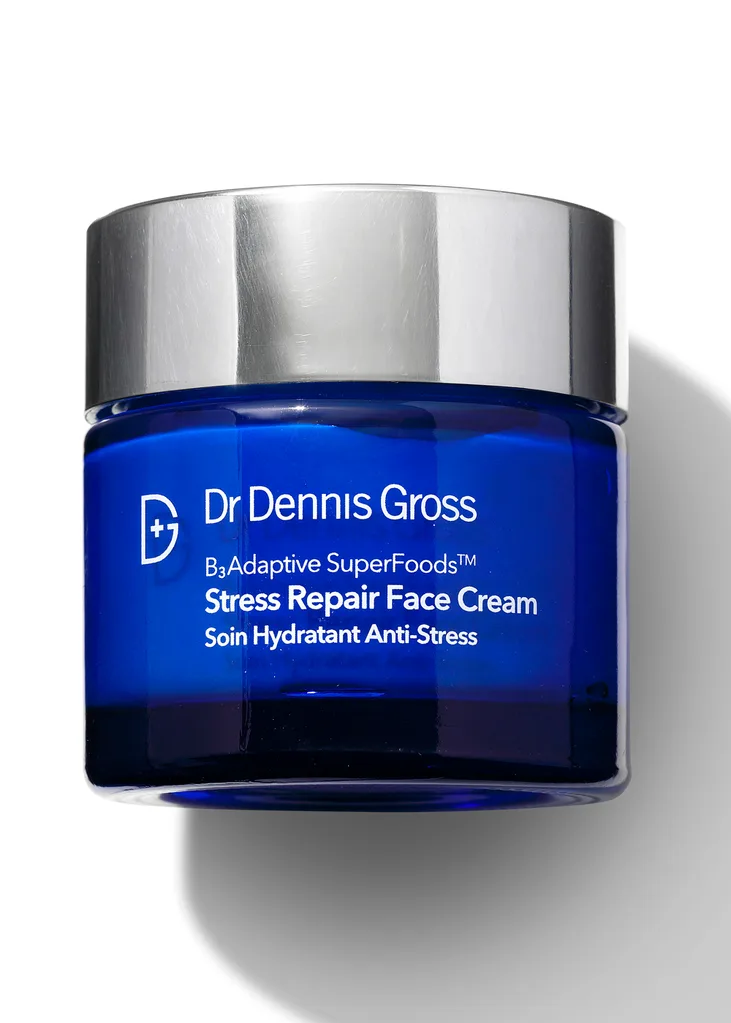
Symptom: Dryness and sensitivity
When peace of mind goes MIA, so does your skin’s moisture content. Stress stalls its natural production of hydrators, such as hyaluronic acid. Another reason your skin looks and feels parched: a disrupted skin barrier, says Tausk, resulting in dryness and irritation. “There are a lot of people who, when not stressed, can tolerate a lot of products,” says Wechsler. “When they get stressed, though, they can get an itchy rash.” Try: CeraVe Moisturising Cream.
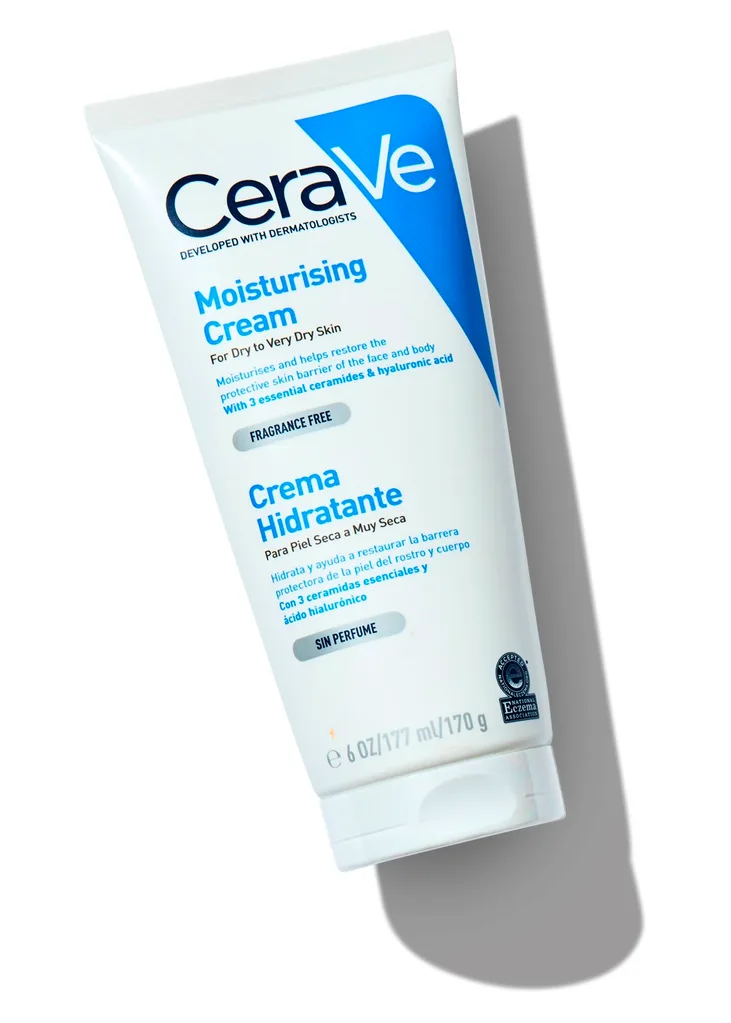
Solution: Baby the barrier
To return your protective skin barrier to peak functionality, ditch anything remotely irritating or drying, including toners and exfoliators, says Wechsler. Then switch to fragrance-free, hypoallergenic formulas packed with moisturisers. CeraVe Moisturising Lotion is non-irritating and infused with ceramides, which are released at intervals for all-day hydration. Or for skin experiencing redness or extreme dryness, La Roche Posay’s B5-dosed Cicaplast Baume is so gentle and hydrating it’s good to go on both post-treatment and baby skin. Try: La Roche-Posay Cicaplast Baume B5.
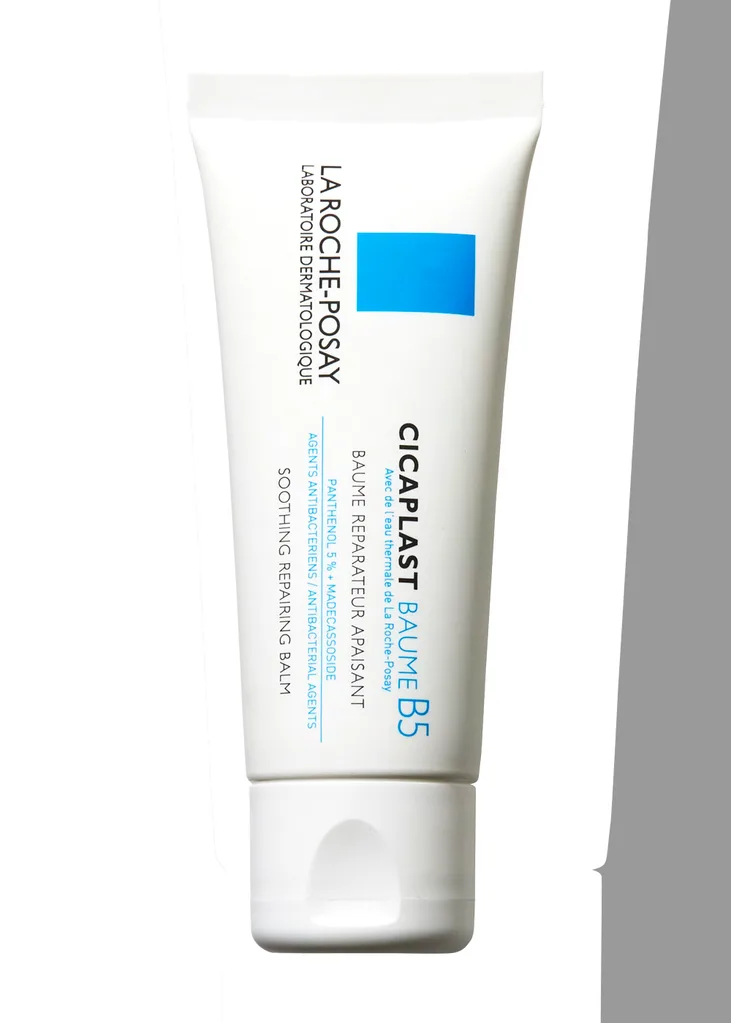
This story originally appeared in the October issue of marie claire Australia, out now.





